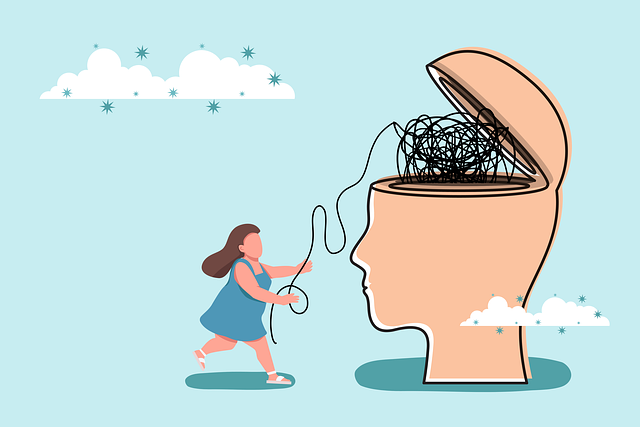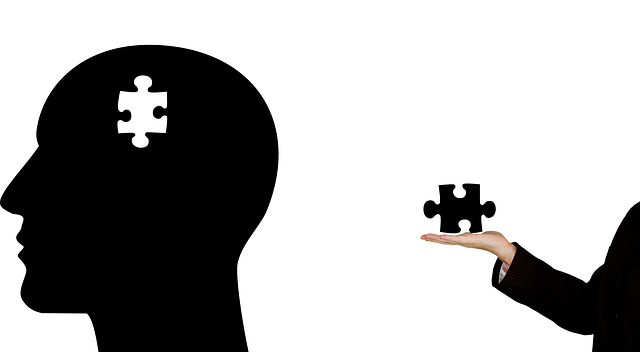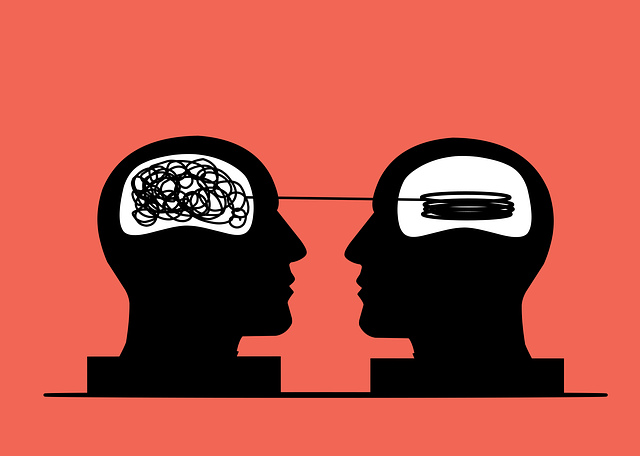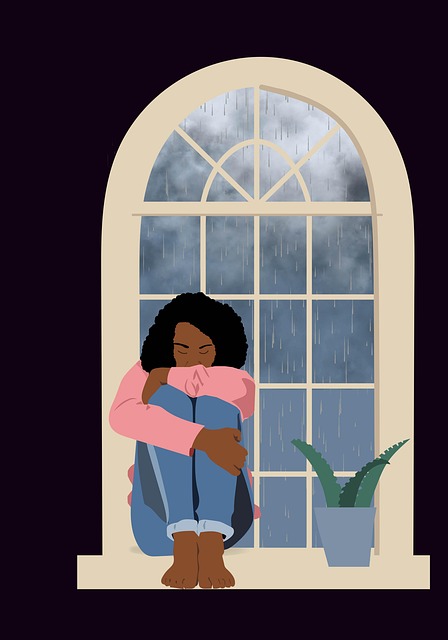Mood regulation is crucial for young adults' emotional balance and mental wellness, and online therapy, combined with journaling, coaching, and cognitive-behavioral techniques, offers accessible support from home. These tools empower individuals to develop emotional healing processes, enhance resilience, and learn coping mechanisms through video conferencing, chat features, and interactive tools available on online therapy platforms. Additionally, lifestyle modifications like balanced diets, regular exercise, and quality sleep, supported by resources within these platforms, further contribute to mood stabilization and improved well-being for young adults.
Mood regulation is a vital skill, especially for young adults navigating life’s challenges. In today’s digital era, online therapy emerges as a powerful tool, offering accessibility and support tailored to this demographic. This article explores various mood regulation strategies, from cognitive-behavioral techniques that shape positive thought patterns to lifestyle modifications focusing on diet, exercise, and sleep. Understanding emotional balance is key; unrailing these strategies can empower young adults to lead more fulfilling lives.
- Understanding Mood Regulation: Unraveling Emotional Balance
- Online Therapy as a Tool for Young Adults: Accessibility and Support
- Cognitive-Behavioral Techniques: Shaping Positive Thought Patterns
- Lifestyle Modifications: The Role of Diet, Exercise, and Sleep in Mood Stabilization
Understanding Mood Regulation: Unraveling Emotional Balance

Understanding mood regulation is a crucial step toward achieving emotional balance and overall mental wellness. For young adults, navigating life’s challenges can be particularly daunting, making effective strategies even more vital. Online therapy has emerged as a valuable resource, providing accessible support and guidance for those seeking to improve their emotional well-being. This digital approach allows individuals to connect with therapists from the comfort of their homes, fostering a sense of accessibility and convenience.
Journaling exercise and mental wellness coaching programs are integral components of this process. Journaling offers a space for self-reflection and processing emotions, while coaching provides tailored guidance and support. Together, these tools empower young adults to develop emotional healing processes, fostering resilience and coping mechanisms that can be applied throughout their daily lives. Online therapy serves as a bridge, connecting individuals with the resources and expertise needed to navigate mood regulation effectively.
Online Therapy as a Tool for Young Adults: Accessibility and Support

Online therapy has emerged as a valuable tool for young adults seeking support for their mental health. In today’s digital era, many young people find online therapy platforms accessible and convenient, especially when dealing with issues like anxiety, depression, or stress. This form of therapy offers flexibility, allowing individuals to access professional help from the comfort of their homes, which is particularly appealing to busy students or those who face geographical barriers. With video conferencing, chat features, and interactive tools, online therapy sessions provide a safe space for young adults to open up, share their experiences, and learn coping skills development tailored to their needs.
The accessibility of online therapy also facilitates risk management planning for mental health professionals. They can reach a broader audience, offer continuous support, and teach conflict resolution techniques to help young adults navigate challenging situations. This approach is especially beneficial for individuals who may hesitate to step into a traditional therapy setting or those who require quick access to resources during times of crisis. By leveraging technology, online therapy empowers young adults with the necessary tools to manage their moods, improve their overall well-being, and foster healthier relationships.
Cognitive-Behavioral Techniques: Shaping Positive Thought Patterns

Cognitive-Behavioral Techniques focus on identifying and reshaping negative or distorted thought patterns that can contribute to poor mood regulation. Online therapy platforms offer accessible avenues for young adults to learn and apply these techniques, enabling them to gain valuable insights into their emotional experiences. Through structured programs designed to enhance mental health education, individuals can acquire the tools to challenge unhelpful thoughts and replace them with more positive and realistic perspectives. This process is crucial in fostering self-esteem improvement and promoting a healthier psychological state.
Incorporating mindfulness meditation as a supplementary practice within these cognitive-behavioral frameworks has proven beneficial. Online therapy sessions often incorporate guided meditations that help individuals cultivate present-moment awareness, allowing them to detach from negative thought loops. By integrating such practices into their daily routines, young adults can better navigate emotional challenges and maintain balanced moods, making online therapy an effective game-changer in their mental health journey.
Lifestyle Modifications: The Role of Diet, Exercise, and Sleep in Mood Stabilization

Lifestyle modifications play a pivotal role in mood stabilization for young adults, offering accessible and often powerful tools to enhance well-being. Diet, exercise, and sleep are fundamental aspects that can significantly impact an individual’s emotional state. A balanced diet, rich in essential nutrients, has been linked to improved mood regulation. Incorporating regular physical activity not only boosts energy levels but also releases endorphins, naturally elevating one’s mood. Additionally, prioritizing quality sleep allows the body and mind to rejuvenate, ensuring better cognitive function and emotional stability throughout the day.
These lifestyle changes can be effectively supported by online therapy platforms, which provide accessible resources for young adults seeking mood stabilization. Online therapy offers a convenient way to explore confidence-boosting strategies, empathy-building techniques, and even social skills training—all crucial elements in navigating mental health challenges. By integrating these lifestyle practices into daily routines, individuals can take proactive steps towards managing their moods and fostering overall emotional resilience.
Mood regulation is a multifaceted process that significantly impacts overall well-being. By combining online therapy with evidence-based techniques like cognitive-behavioral therapy and lifestyle modifications, young adults can gain substantial tools to manage their emotional health effectively. Accessible online platforms offer support tailored to the unique needs of this demographic, while lifestyle changes such as diet, exercise, and sleep play a crucial role in stabilizing mood. Integrating these strategies enables individuals to navigate life’s challenges with enhanced resilience and emotional balance.








